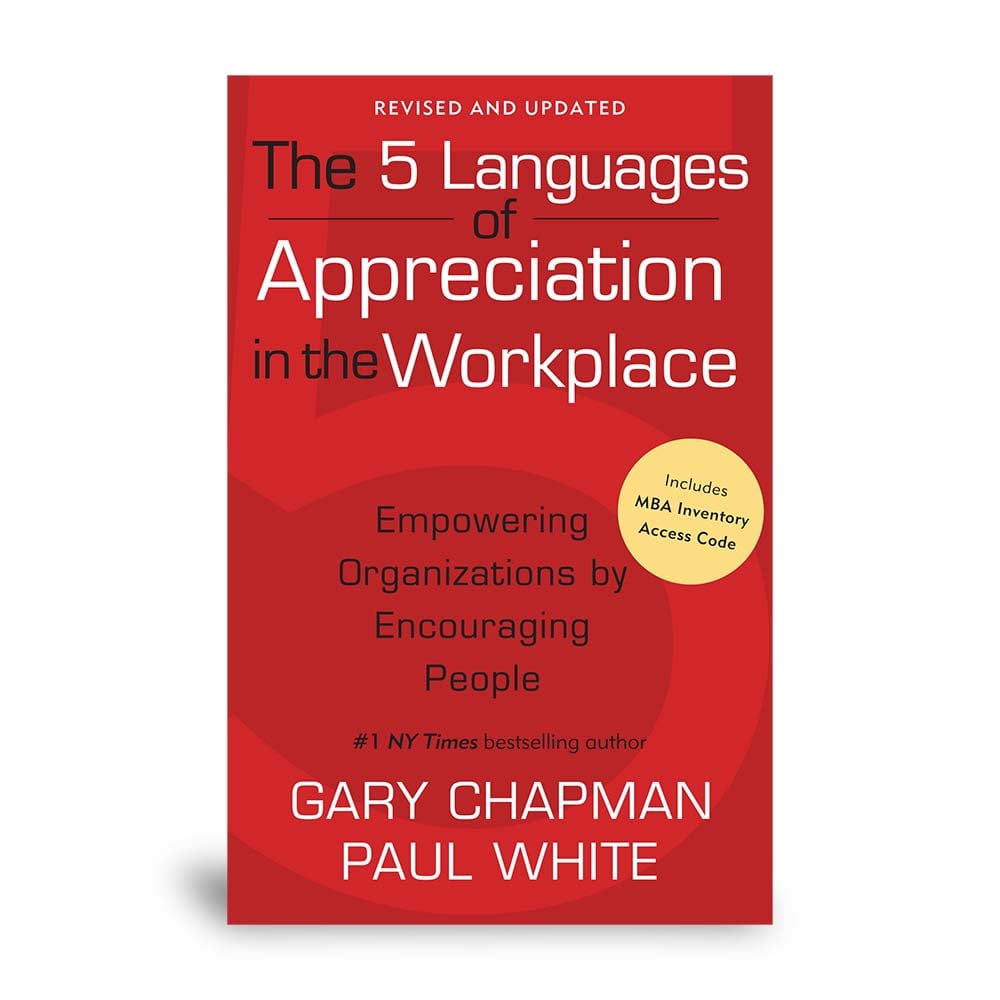
Share This Episode
Appreciation at Work
People desperately want to feel appreciated and valued in their jobs; yet most people don’t feel appreciated. Appreciation at work is the “Pay” that everyone is looking for in todays work environment. With everyone doing more with less in todays business world, this is the “Raise” that people are looking for and aren’t getting. Special Guest Dr. Paul White
